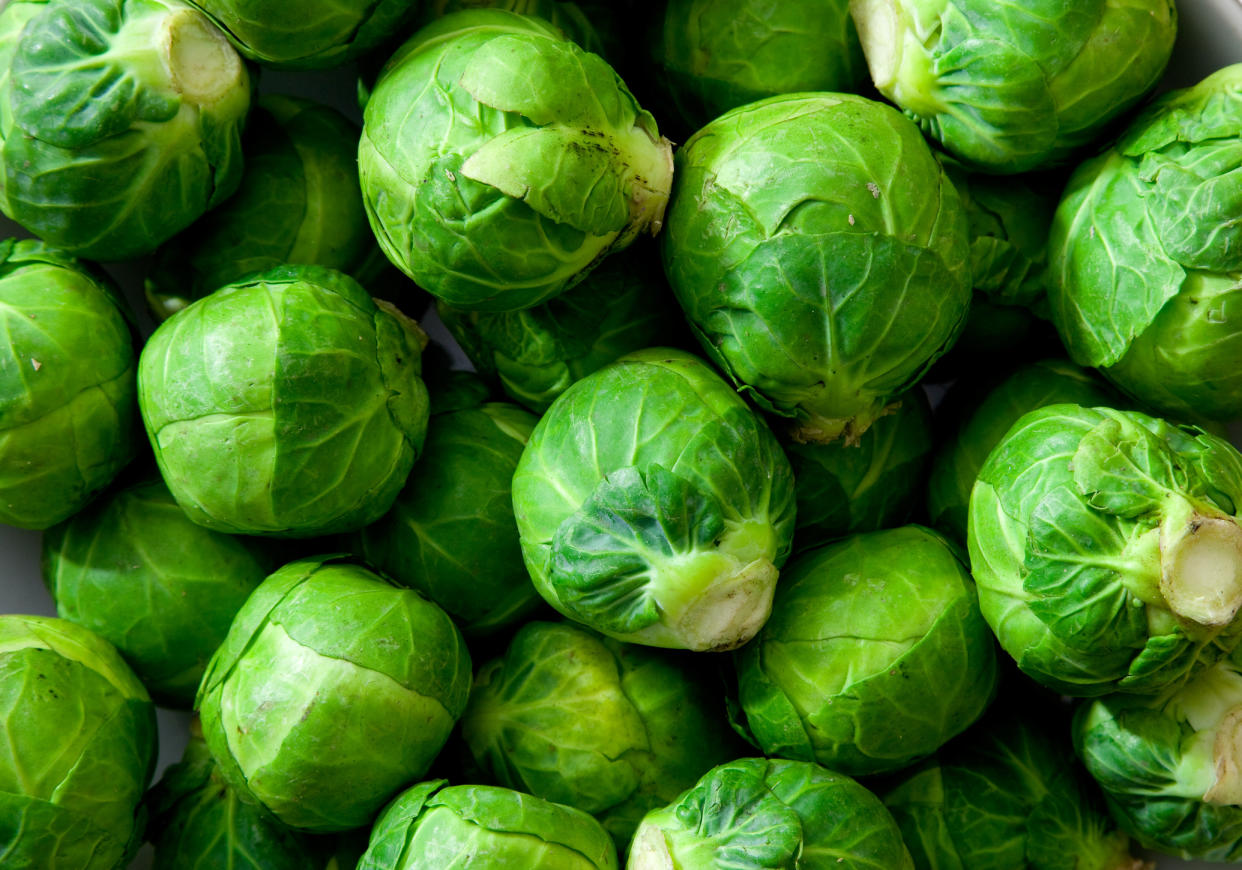The scientific reason you hate brussels sprouts

Brussels sprouts are controversial. Personally, I love them drowned in butter and fried with bacon, but for a lot of people, they're like the friend no-one likes turning up to the Christmas party. They often end up getting scraped to the side of the plate, doomed for the bin.
But why do so many people have an aversion to sprouts? Seeing as most of us will be confronted with them at the Christmas dinner table on the 25th, we thought we'd find out if there's any real science behind the widespread dislike. And it turns out, there is.
Dr Adam Cunliffe, nutritional scientist and associate lecturer at the London South Bank University, explained that when it comes to individual foods we dislike, it's "nearly always due to some kind of negative event which is connected to that food."

"That event can either be a physiological event – like food poisoning – or a psychological one dating back to when you were a child," Dr Cunliffe told Cosmopolitan.com/uk. "We're not actually born liking very much except our mother’s milk and sweet tastes, so we acquire tastes over time," he explained.
This means that if there was even the slightest negative association with your first taste of a sprout - if tempers got frayed as your parents stressed over trying to get you to eat your greens, for example - "your interaction with that particular food will be uniquely badged as not good". In turn, the food will also be labelled not good. "The sight, the flavour, the smell might for years be connected with an unpleasant association," the expert explained.
So that's how we end up disliking foods in general. But sprouts in particular? Dr Cunliffe had some ideas about why they might be so commonly despised.
"A lot of people, by the time they reach adulthood, haven’t learned to like a lot of what falls into the category of bitter foods, which Brussels sprouts do," says the nutritional expert. "Innately, we’re born to reject bitter foods because for every one plant or potential foodstuff in nature which is bitter and good for us, there’s probably 50 which are bitter and poisonous."
So in some ways, this common distaste for bitter foods is a protective mechanism. The downside, however, is the fact that some bitter foods we can eat are of extremely high nutritional value, but many people are put off eating them because of their bitter nature.

It might also have something to do with the smell. "Brussels sprouts are part of a family of vegetables called cruciferous vegetables. These have a particular chemical in them which gives them a very particular characteristic and smell," Dr Cunliffe explained.
And smell, it seems, has a lot more to do with our perception of taste than we first thought. While the tongue can only identify five different flavours - sweet, salty, sour, bitter and unami - the expert explains the nose is a "much more complex organ, able to distinguish between around 100,000 different volatiles.
"What we think is taste is probably coming from our nose," said Dr Cunliffe. "Because Brussel sprouts have quite a particular, pungent odour, it could be why they stand out."
So it kind of makes sense. But if you're convinced you don't like sprouts for any of the above reasons, why not give them a whirl with butter and bacon and you might, might just reconsider.
Follow Cat on Twitter.
[editoriallinks id='cc14161c-c529-4620-aa57-125045e5bff6'][/editoriallinks]
You Might Also Like

